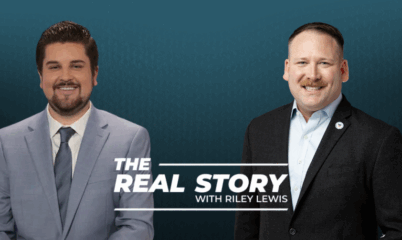
Medicare for All would be bad for veterans. Here’s why.
Health care is at the top of voters’ priority lists, and for good reason. Many find it difficult to access timely and affordable care.
For veterans especially, getting good care when and where they need it has been a struggle. However, recent reforms at the Department of Veterans Affairs have made it easier to seek care in the community and driven down wait times for those who use the VA.
But Medicare for All would undo all that progress.
Darin Selnick, a former senior advisor to the VA secretary, pointed out in a recent op-ed that Medicare for All would dismantle TRICARE, leaving military personnel and retirees with fewer health care options:
Although Medicare for All would leave the government-run portion of the VA system intact, it would eliminate the Department of Defense’s TRICARE program, a network of private providers and military hospitals that provide health care for 9.4 million U.S military personnel, retirees, their families and some members of the reserves.
…
So even if the VA system remained in place, Medicare for All would still threaten the millions of veterans who have access to both the VA and TRICARE. Those who choose the latter, or a combination of both, would have fewer – or no – options under Medicare for All.
Although the VA would stay somewhat intact, Medicare for All would negatively affect those who use the VA.
Selnick continued:
The VA has long relied on community providers to supplement the care it provides. However, since the 2014 wait list scandal, the VA has increased its use of outside health care by over 50 percent, helping reduce wait times and improve access to care. Today, about one-third of all appointments for veterans enrolled in the VA happen outside the VA system through community care.
…
Medicare for All would subvert these reforms by shrinking or eliminating community provider networks and restricting choices for veterans. It also would ignore the lessons learned from the VA over the past five years — that more choice, access and competition improve veterans’ health care by focusing on the needs of the veteran, not the bureaucracy.
Veterans know the difficulties that come with government-run health care – limited access, long wait times and few choices.
Medicare for All plans ignore these problems.
Any health care proposals should look to the VA to learn not just what works best for veterans, but to understand the pitfalls of Medicare for All for all Americans.




